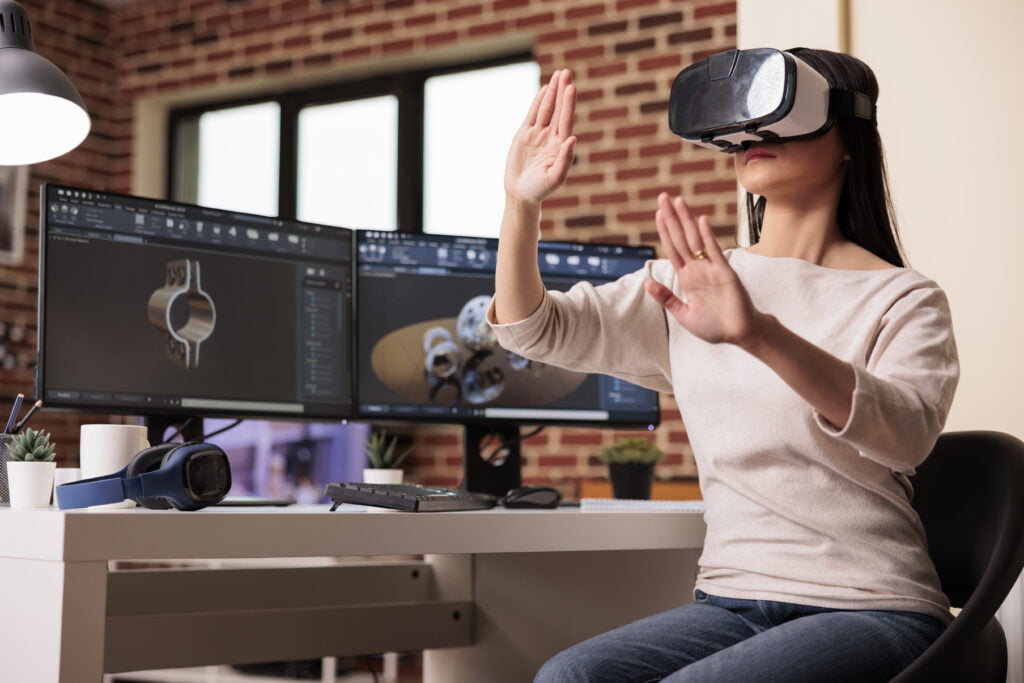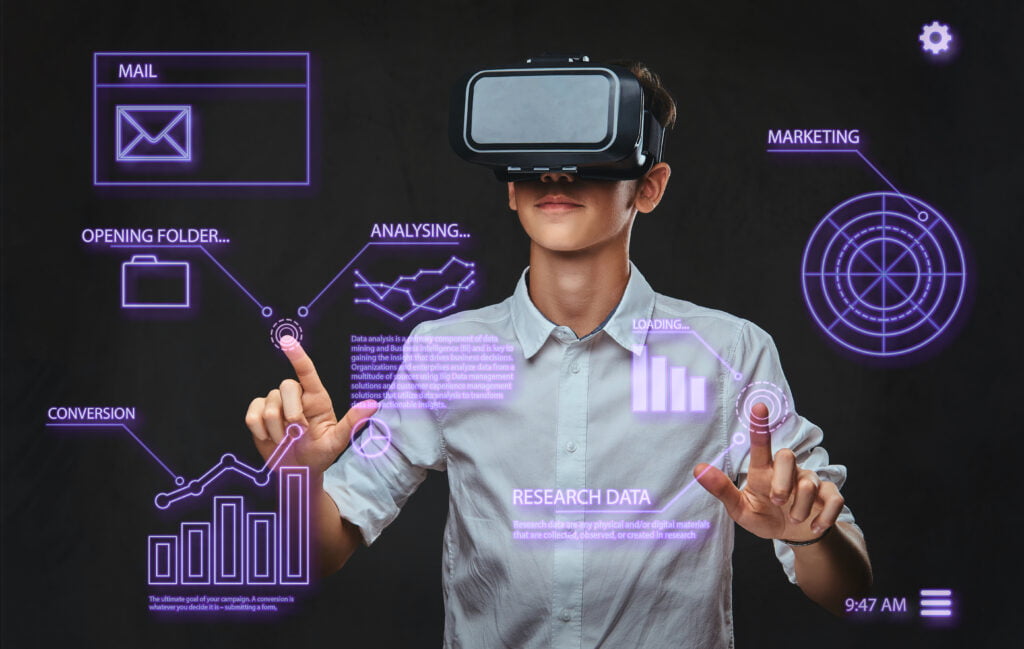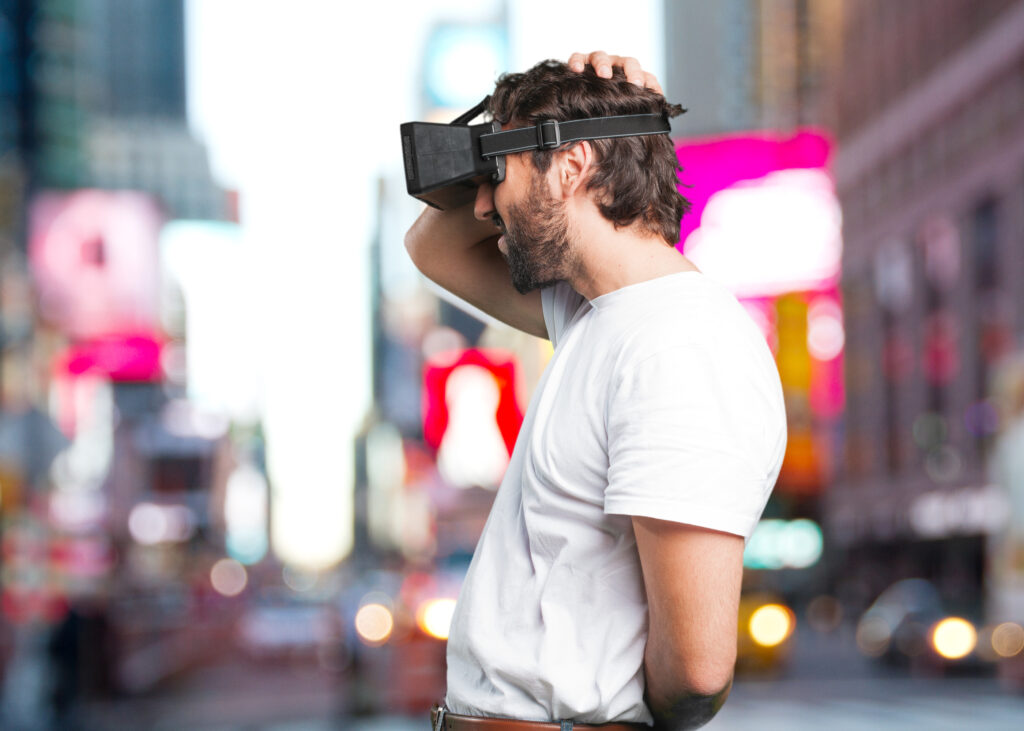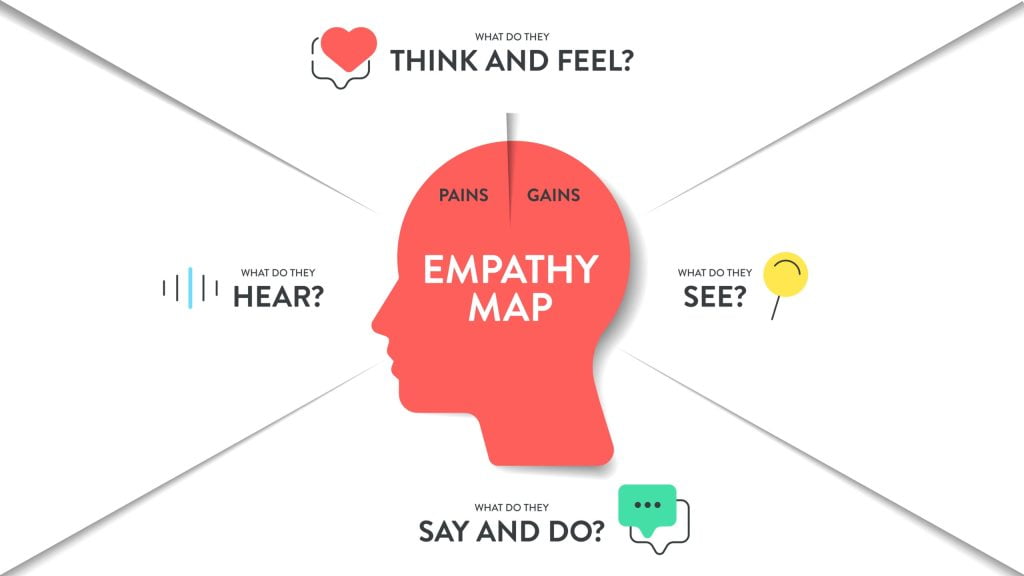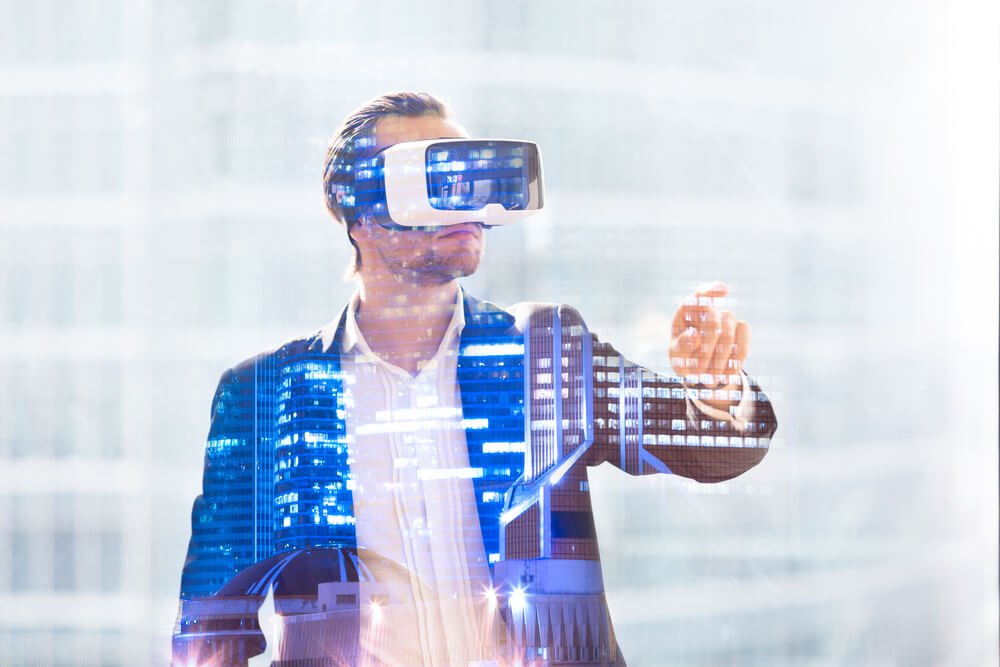Metaverse 101: What is it, what will it look like, and how will it develop?
Table of Contents:
‘The metaverse is the next evolution of social connection.’ Or so says the opening line of Meta’s new website. But what exactly does this mean, and how will the metaverse space evolve over the coming months and years? Here we investigate these questions to give you the basics of this potentially world-changing technology.
What does ‘metaverse’ mean?
The term originated in Neal Stephenson’s 1992 sci-fi novel Snow Crash and is a combination of the words ‘meta’, which can be defined as ‘outside the normal limits of something’ when used as a prefix, and ‘universe’. So, the word ‘metaverse’ suggests something outside the normal limits of our universe, and that’s exactly what the metaverse space is supposed to be: a second, virtual universe outside of our own. It exists alongside our physical one and can be accessed by anyone at any point, assuming they have the necessary equipment.
What will the new metaverse space look like?
To an extent, something like the metaverse has existed for years in video games such as Second Life, where people are able to create avatars—visual representations of themselves within online or virtual communities—through which they can interact with others in the digital space. These virtual worlds are somewhat primitive versions of what the metaverse space will eventually become.
In essence, there is no limit to what the metaverse can look like. In Stephenson’s novel, it’s a virtual urban space with a huge road stretching for many thousands of kilometers along which people can move and interact. And the avatars too are near limitless, with the only restriction being on height. In our metaverse space, it could be virtually anything, from a cityscape to a space station to a whole different planet. It all depends on what people want and what the creators decide are the best metaverse solutions.
Is it Web 3.0 or a completely new world?
And now to deal with the biggest question of all – what exactly is the metaverse? So far, we have seen that the word metaverse suggests a separate universe which exists alongside our own that people can access whenever they like. This tells part of the story, but not all of it. Virtual reality technologies are already available to buy relatively cheaply, so we can already jump into virtual worlds where we can interact with others in realistic ways. The difference with the metaverse is that it brings the internet browsing experience into the 3D virtual space. Online shops become actual 3D shopping centers with objects that users can touch and play with.
According to some, the metaverse doesn’t even refer to this exact technology, but more to the changing face of how we use and apply virtual reality technologies so that they are more seamlessly integrated into the real world. Some people say that it refers to ‘Web 3.0’: the internet moving from the mobile, social internet experience of the past twenty years to a more ‘embodied experience’ where we live more in this virtual, metaverse space. As we have already seen, we will be able to travel into this world at any time via a set of goggles or glasses, but objects within it will also be projected onto the real world via these same devices, meaning that our future realities will be an interwoven mixture of the two worlds.
Ultimately, this will all mean a much stronger integration of the physical and the virtual than we have ever seen before. Over the past few decades, we have all been growing closer to our devices. Most of us spend our entire day within a few meters of our phones or tablets so that we can reach out at any moment to find the information we need, contact a friend, or send an email. Implementation of the metaverse will bring us even closer to this with a whole virtual world existing perpetually beside ours, just waiting for us to enter it whenever we desire.
How will metaverse businesses develop?
At the moment, this question is difficult to answer. Metaverse implementation is soon to be ramped up, with Facebook announcing that it will hire 10,000 new staff in the EU alone to work on and develop it. Some companies are already investing in growing metaverse businesses, with Microsoft and Facebook being the biggest to be involved so far. Despite the huge reduction in the value of Facebook’s shares after their recent announcement, it’s certain that metaverse companies will be springing up everywhere, hoping to get involved in this exciting and potentially lucrative new area over the coming years.
In fact, companies such as XR Wizards are already ahead of the game. Their people have been working on virtual reality technologies for some time now, so they are ideally placed to make the most of the metaverse for business use. Their vision is to streamline the future of the working environment in the metaverse via their virtual platform, Mazer. Instead of having a large, open virtual world to walk around, like we see in many VR games, users will be able to teleport between different ‘Mazer spaces’—separate virtual spaces which are all interlinked in something like a honeycomb structure. Work is already underway on creating a network of these spaces which users can teleport between using a virtual watch in the metaverse. This technology will open up the metaverse for business as it is much more efficient for business employees to be able to travel effortlessly between different virtual spaces than walk around an open virtual world.
Into the metaverse
This is just the beginning. At the moment, the metaverse is more of a concept or idea than anything else; it doesn’t truly exist yet. There is no doubt, though, that ultimately it will. So, do some research and find out what the metaverse is all about. Discover how metaverse solutions and companies might develop in the future and how this might affect your business and those around you. This has just been an overview of the basics, but there’s much more out there; a whole new universe awaits.
Author: Rafał Siejca
Rafal has over twenty years of corporate experience, including roles at Millennium Bank, Comarch, and leading software teams at PZU, one of Europe’s largest insurance companies.As one of Poland’s few true VR experts with a decade of experience, he ensures timely, high-quality project delivery as CEO and CTO.


